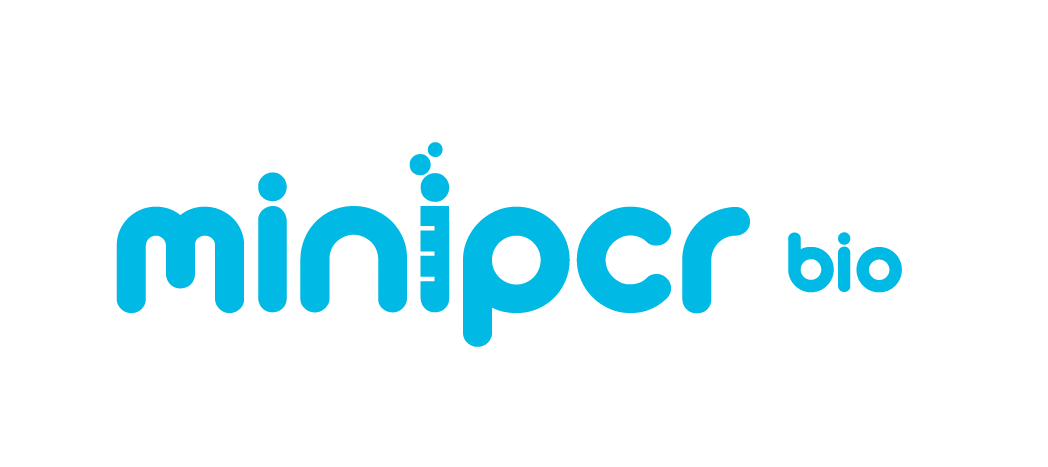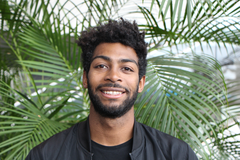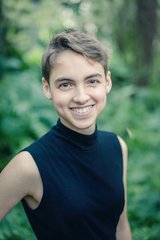OUR STORY
Genes in SpaceTM started in 2015 as a collaboration between Boeing and miniPCR bio with the goal of inspiring young minds to solve real-world problems in the biological and physical sciences. Since then, generous sponsors including the ISS National Laboratory and New England Biolabs have joined us to support this unique program.
We’ve now received thousands of inspiring, student-led proposals, and our alumni have enabled outstanding space biology milestones. We celebrate creativity, collaboration, and critical thinking among young innovators by renewing the challenge every year. Thank you for joining us in this exciting journey!
GENES IN SPACE FOUNDING PARTNERS

Boeing, as NASA’s prime contractor for the International Space Station (ISS), provides research integration, sustaining operations and maintenance for the utilization of the station. The ISS, a U.S. National Laboratory, offers a unique, microgravity environment that enables scientific research to benefit mankind.

Space-tested miniPCR™ technology powers DNA analysis aboard the International Space Station. miniPCR™ is equally accessible to your lab and classroom. Learn more about our technology, software, and educational curriculum at www.minipcr.com
GENES IN SPACE SPONSORS

In 2005, Congress designated the U.S. portion of the ISS as the nation’s newest national laboratory to optimize its use for improving quality of life on Earth and advancing science, technology, engineering, and mathematics (STEM) education. The ISS National Lab manages access to the permanent microgravity research environment, a powerful vantage point in low Earth orbit, and the extreme and varied conditions of space.

Established in the mid 1970's, New England Biolabs®, Inc. (NEB®) is the industry leader in the discovery and production of enzymes for molecular biology applications and now offers the largest selection of recombinant and native enzymes for genomic research. For nearly 50 years, NEB® has been committed to the advancement of science and science education. For more information on our products and corporate initiatives, please visit www.neb.com
LEADERSHIP TEAM
Scott Copeland
Co-founder of Genes in Space, Boeing
Kevin Foley
Co-founder of Genes in Space, Boeing
Ezequiel (Zeke) Alvarez Saavedra, PhD
Co-founder of Genes in Space, miniPCR bio
Sebastian Kraves, PhD
Co-founder of Genes in Space, miniPCR bio
Ally Huang, PhD
Lead Research Scientist, miniPCR bio
Marc Bliss
Program Lead
THE ROLE OF A MENTOR
Each year, when we name 5 Finalists to advance in the competition, we ask those students to prepare an oral presentation on their project and pitch it to our contest judges. But we don’t ask them to do it alone. We connect them with a mentor whom they work with to refine their scientific plan and develop a standout pitch.
Our mentors are scientific researchers who carve time out of their own busy lab schedules to help their mentees develop as young scientists. Their involvement year after year is a huge part of what makes our program a success.
In 2020 we established the John Hatch Memorial Prize in Mentorship to recognize our outstanding mentors. The Prize is named for Harvard University PhD candidate and veteran mentor John Hatch (2nd from right) who tragically passed away in 2019.
The Prize comes with a stipend and includes the honor of judging the Genes in Space competition. It was established by the Hatch family with additional support from New England Biolabs. Meet past recipients below.
Past Hatch Prize Recipients

Dr. Holly Christensen
2020 Hatch Prize Recipient
Alma mater: Massachusetts Institute of Technology
Research: Sex cell development
Served Genes in Space competitions: 2015, 2016, 2017, 2018
Connect with Holly:

Dr. Kutay Deniz Atabay
2021 Hatch Prize Recipient
Alma mater: Massachusetts Institute of Technology
Research: Regeneration in the nervous system
Served Genes in Space competitions: 2015, 2016, 2017, 2018, 2019
Connect with Deniz:

Dr. Matt Smith
2022 Hatch Prize Recipient
Alma mater: Harvard University
Served Genes in Space competitions: 2018, 2019
Connect with Matt:

Dr. Bess Miller
2023 Hatch Prize Recipient
Alma mater: Harvard University
Served in Genes in Space Competitions: 2018, 2019, 2021, 2022
Connect with Bess:

2024 Hatch Prize Recipient
Alma mater: Harvard University
Served in Genes in Space Competitions: 2020, 2021, 2022
Connect with Ana Karla:
